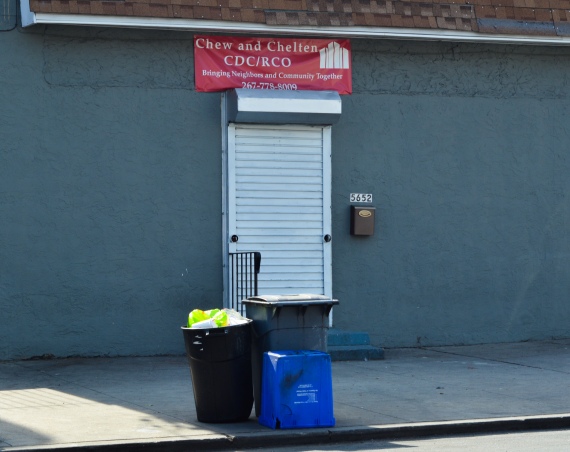
Organic farming advocate and Germantown resident Christa Barfield wants to bring organic produce to low-income families.
Her approach is innovative and it involves a greenhouse. Barfield owns FarmerJawn Community Greenhouses, a community-supported agriculture model and organic market. She and others are hosting a fundraising farm-to-takeout dinner in Elkins Park Friday, Nov. 20. FarmerJawn will collaborate with Greenwood Supper Club, a group of chefs celebrating culture through culinary experiences. The takeout dinner was originally planned as a sitdown dining experience, but due to COVID-19 guidelines, the dinner will be takeout accompanied with outside cocktails and a tour of the greenhouse property.
Barfield began FarmerJawn less than a year ago and knew she’d eventually want to provide organic food for low-income families. The CSA currently operates out of one greenhouse, but she dreams of using a second house for her project.. She then named an empty 5,300 square foot greenhouse the “Vision House,” imagining the greenhouse filled with organic produce for families who can’t afford organic fruits and vegetables.
“The farm-to-table [farm-to-takeout] dinner is an invitation to the community to come out and have a meal that is prepared by a chef, utilizing produce from FarmerJawn,” Barfield says. “With the ‘Vision House,’ we’re going to solve food injustices and food insecurity.” And what better way to do that than over dinner.
The five-course dinner will be socially distanced and Greenwood Philly Chef Elijah Milligan will prepare the meal while attendees discuss food politics, injustice, and insecurity in and around Philadelphia. A 2019 report on food access in Philadelphia found that more than 980,000 Philadelphians live in neighborhoods with an excess of unhealthy food; 45 percent are Black, 27 percent white, and 17 percent Hispanic.
Organic produce is nutrient-dense; the food is produced through organic farming, an agriculture method that uses biodiversity and composting. What most industries use today is conventional farming, using synthetic chemicals to fight pests and weeds. As a result, the soil, food, and environment negatively suffer.
The difference between conventional and organic produce is the nutrients; the conventional lacks nutrients. But organic produce is expensive. Barfield says the lack of accessibility to organic food is a “crime.”
“The chemicals [from conventional farming] that are going into different foods can essentially be harmful to your body over time,” Barfield says. “If we focus more on what we put in our bodies, it’ll help heal.”
To learn more about FarmerJawn or the farm-to-takeout event, visit their website.



